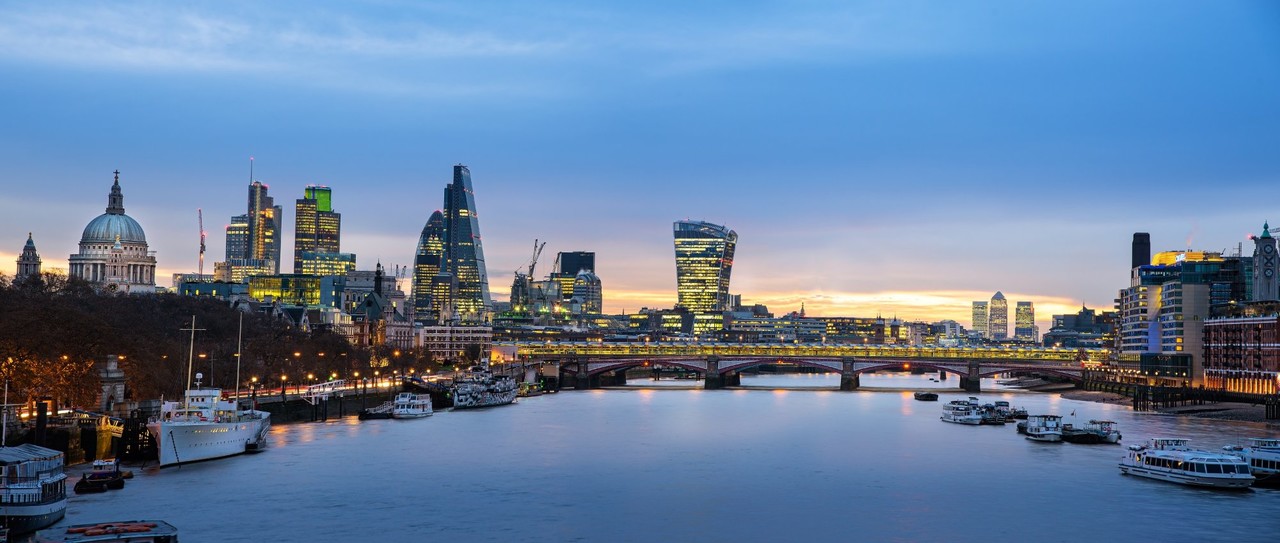
Why the UK water sector needs good measurement more than ever
The ‘glass half full or half empty’ analogy is perhaps an obvious choice to start an article focusing on water, but when it comes to the question of whether the water sector is better off in private or public hands, it’s a surprisingly apt one.
As a staple of human life, water is an essential resource which we quite literally couldn’t live without. Unfortunately, given what it takes to get the water to our taps in the first place, it can never be free.
To get it to a state where it is fit to do all of the things that we take for granted, water requires extensive treatment, both to make it fit for human consumption and to make it safe to return to the environment. And paying for this extensive treatment requires money, and lots of it.
Given what it takes to get the water to our taps in the first place, it can never be free.
Where exactly this money comes from – and goes to – now seems to be causing a wobble in the sector’s self-confidence, with Cathryn Ross, Ofwat’s chief executive, calling on operators to prove their legitimacy in response to a growing number of critics who are questioning the way the sector is being run.
These critics point especially to the higher prices being paid by consumers for their water. Recent research by Greenwich University estimates that consumers in England are paying £2.3bn extra per year for water and sewerage than would be the case if the country’s water companies were state-owned.
While this may well be the case, you only have to look at the dramatic improvements that have been made in the water sector in the UK since the sector was privatised nearly 30 years ago. In this time, leakage rates have fallen, river quality has improved and network performance is steadily being transformed by the adoption of innovative technologies, including those based on the much-vaunted Internet of Things.
Would this investment have been forthcoming had the sector remained in public hands? Looking back at historic examples of Government-owned assets and enterprises may suggest otherwise, where an emphasis on cost-saving rather than investment resulted in assets steadily deteriorating or, ironically, being sold off to private companies with the experience and financial nous needed to run them properly.
In many cases, it has arguably cost UK consumers more to bring these assets back up to scratch than it would have done to have properly invested in them in the first place.
Comparing the data from today’s instruments with those of 30 years ago would show vast improvements made across a wide range of parameters
Whether or not you agree with how the UK water sector is run, much respect has to be given to the way in which it has been regulated. Over six successive AMP periods, the targets of the EU’s Water Framework Directive to achieve a good qualitative and quantitative state for water have been steadily met in the UK. As part of this legislation, operators have been obliged to make the necessary investments needed for improvements and to demonstrate through reporting that they are doing everything possible to achieve and maintain a good quality supply of water at both ends of the pipeline.
In this respect, the data that feeds these reports, gathered in no small part by a multitude of instruments and analysers, provides a useful starting point for anyone looking for evidence to help shore up the industry’s reputation. For the most part, comparing the data from today’s instruments with those of 30 years ago would show vast improvements made across a wide range of parameters, from water leakage through to levels of potentially harmful chemicals.
It should also be remembered that the availability of this data makes it very difficult for mistakes to stay hidden. For this reason, water companies are far more inclined to admit culpability, cough up the resulting financial penalties and take steps to ensure it never happens again – given the precious nature of water, this is surely something that we should all be thankful for.
Measure to manage your reputation
Whilst Lord Kelvin’s famous and well-worn phrase ‘you can’t manage what you can’t measure’ almost certainly didn’t extend to management of PR, the ongoing value of measurement in demonstrating the quality and quantity of water flowing through the UK’s water mains cannot be underestimated.
For an industry that needs to prove its legitimacy, using these measurements as part of the case for the defence is a very good place to start.
Product Manager specialising in Coriolis mass flow measurement technology.
6yAn interesting insight into an industry that most consumers take for granted Alan Hunt.
Associate Director at AtkinsRéalis and a Royal Academy of Engineering Visiting Professor at the University of Exeter helping water companies with wastewater instrumentation, flow compliance and Digital Transformation.
6yAnother thought provoking article Alan Hunt